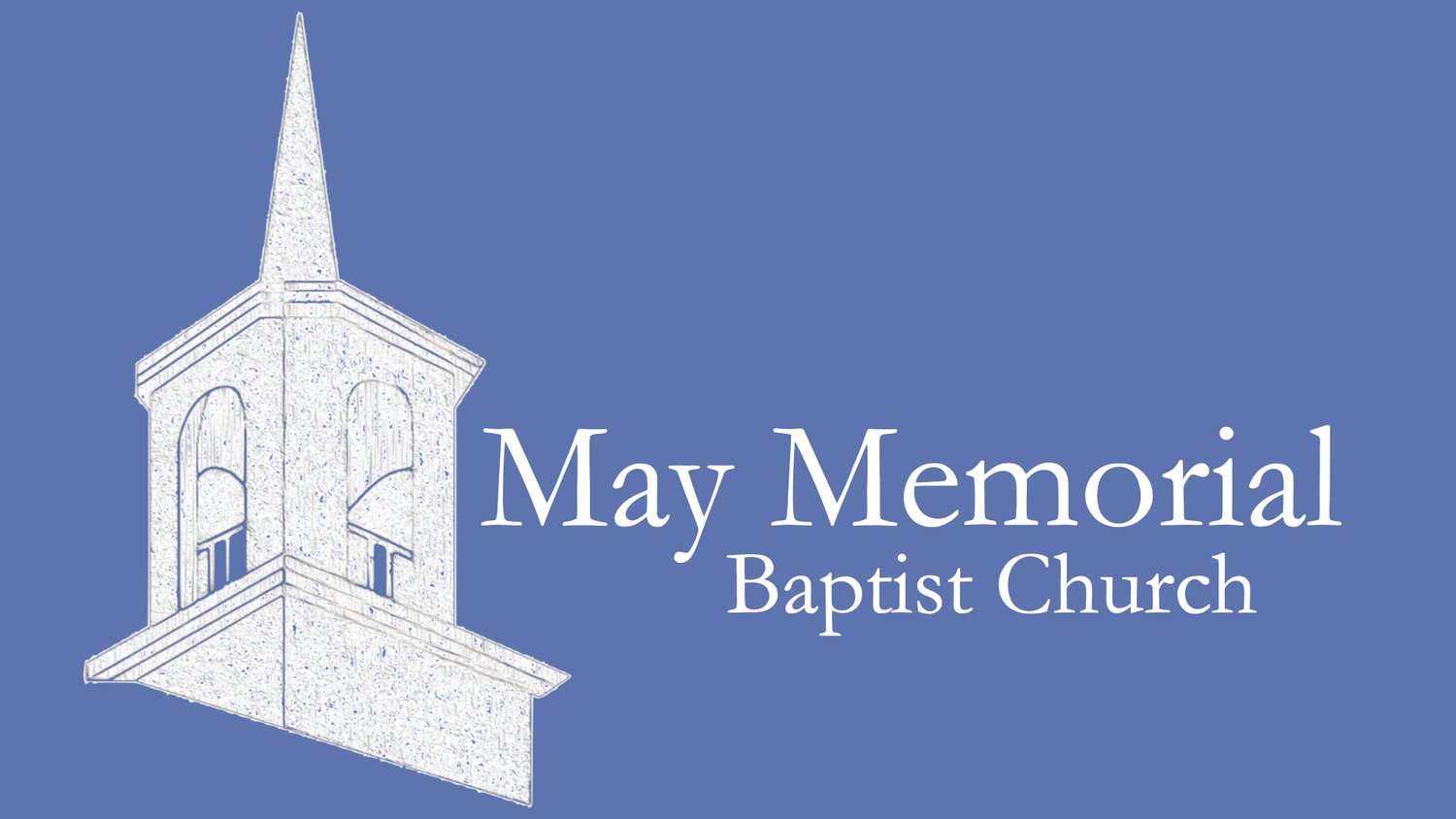I love Jerry Clower. Jerry Clower was a Christian, a Baptist, a southerner, but most people who know of Jerry Clower know him as a comedian. When I was a little boy my parents took me to see Jerry Clower, he did a show in a huge tobacco warehouse in Goldsboro, NC, not far from where I grew up. (There is probably nothing more “North Carolina” that going to see Jerry Clower in a tobacco warehouse) Many of his stories, while hilarious, often convey important truths. This is not exactly a story, but when Jerry Clower talks about his mother, he would always want to tell how she felt about “prayer in the public schools,” and he quoted his mother to say, “I’m FOR prayer in the public schools, as long as there is a Baptist leading the prayer.” That statement always draws a big laugh, and if you think about it, it has several implications. But one of the implications is that Baptists have a superior, or at least a preferred place. Of course, Jerry Clower was implying that that wasn’t the case, that his mother was being a little narrow.
Ecumenism is one of my, and I think May Memorial’s, core values. We see value in working and worshiping together with other Christian Churches in our community. While I am a Baptist, and I embrace Baptist distinctives, I see that we are a part of a larger Christian communion that is called the Universal Church. May Memorial started over one hundred years ago worshiping as an ecumenical community, each week a pastor would come to preach and lead worship, and those pastors represented different denominations. Eventually we chose to be Baptist, but we remember that in our beginnings we were ecumenical.
Many of those who join May Memorial even now come from other denominations: Presbyterian, Lutheran, and especially Methodist. If a person professes faith in Jesus Christ and has received Christian Baptism, they are welcome to join May Memorial Church. Some of my favorite events and gatherings through the year are with other pastors and churches in our community. We are an ecumenical bunch, and I am blessed by spending time with Christians from other churches and denominations.
This is one of my core values, my deep beliefs as I practice my faith. I do not want to be isolated from other Christians, because I know I am part of something much bigger than our individual church. We are a part of Christ’s Church, and His Church encompasses all of the faithful, of all time, all places, and all Christian denominations.




